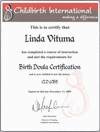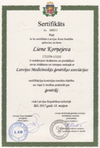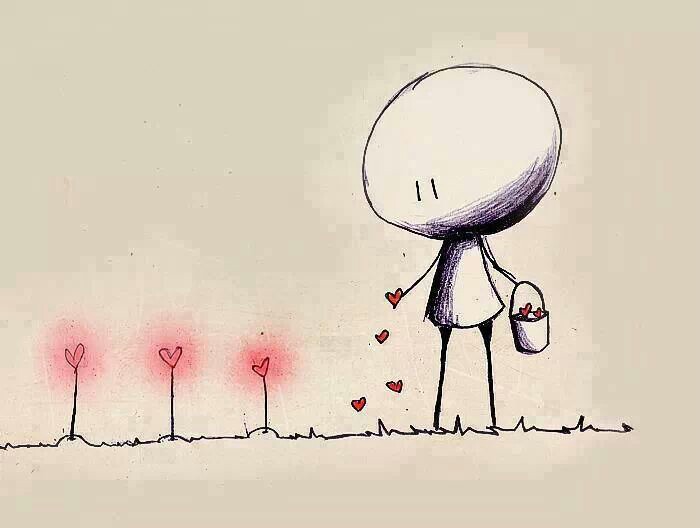Varbūt kādreiz iztulkošu. Varbūt nē.
Autors: Linda Vītuma
SHAME
This is the shame of the woman whose hand hides
her smile because her teeth are bad, not the grand
self-hate that leads some to razors or pills
or swan dives off beautiful bridges however
tragic that is. This is the shame of being yourself,
of being ashamed of where you live and what
your father's paycheck lets you eat and wear.
This is the shame of the fat and the old,
the unbearable blush of acne, the shame of having
no lunch money and pretending you're not hungry.
This is the shame of concealed sickness—diseases
too expensive to afford that offer only their cold
one-way tickets out. This is the shame of being ashamed,
the self-disgust of the cheap wine-drunk, the lassitude
that makes junk accumulate, the shame that tells
you there is another way to live but you are
too dumb to find it. This is the real shame, the damned
shame, the crying shame, the shame that's criminal,
the shame of knowing words like 'glory' are not
in your vocabulary though they litter the Bibles
you're still paying for. This is the shame of not
knowing how to read and pretending you do. This is
the shame that makes you afraid to leave your house,
the shame of food stamps at the supermarket when
the clerk shows impatience when you fumble with the change.
This is the shame of dirty underwear, the shame
of pretending your father works in an office
as God intended all men to do. This is the shame
of asking friends to let you off in front of the one
nice house in the neighborhood and waiting
in shadows until they drive away before walking
to the gloom of your house. This is the shame
at the end of the mania for owning things, the shame
of no heat in winter, the shame of eating cat food,
the unholy shame of dreaming of a new house and car
and the shame of knowing how cheap such dreams are.
“Shame” was first published in The American Scholar and appeared in The Moment’s Equation.
* Iedvesma no grāmatas Brené Brown "I Thought It Was Just Me (but it isn’t). Telling the Truth about Perfectionism, Inadequacy, and Power"






